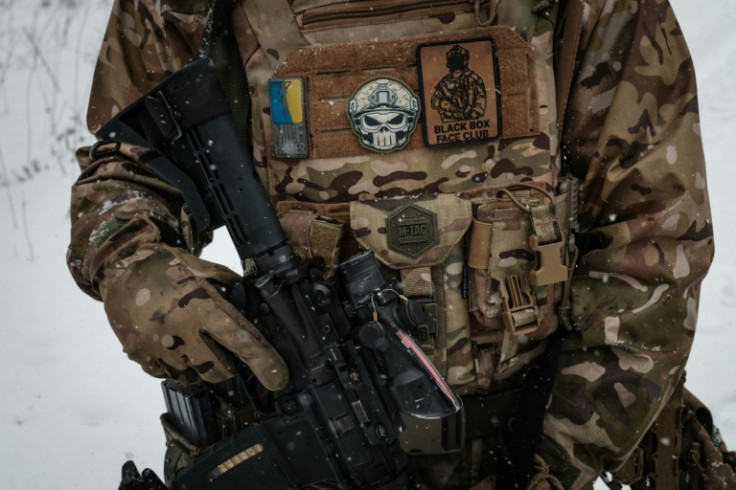Russia Holds Propaganda Classes For Children And Parents To Educate About Ukraine War
KEY POINTS
- Russia's new ideological classes for parents and children are believed to be part of its propaganda activity
- The program "Conversations about what's important" began to broadcast on the Russia 1 TV channel
- It was being broadcasted on the Russia 1 TV channel since last week
As part of propaganda, the Russian government has decided to hold ideological classes called "Conversations about what's important" for children as well as their parents.
Sergey Kravtsov, the Russian Federation's minister of Education, made the announcement Sunday about the classes at the meeting of the board of the Association for the Development of Pedagogical Education, according to state-owned Kremlin news agency TASS.
"We decided to have 'Conversations about what's important' for parents as well... Now we are discussing the format so that it is really interesting, and parents are interested – such a systematic work," Kravtsov said.
Since September, the students, as part of extracurricular activities, were told about the "special military operation" being carried out by Russia in Ukraine, Latvia-based Russian media outlet Meduza reported.
Meanwhile, last week, the program "Conversations about what's important" began being broadcasted on the Russia 1 TV channel.
This was not the only way Russia was carrying out propaganda activities. Last week, Ukrinform reported that pro-Russian media outlets in occupied Crimea were actively circulating fake allegations of "war crimes of the Ukrainian army," and sharing statements of Russian officials.
Pro-Kremlin Crimean media were also promoting Russian holidays such as "Russian Military Glory Day" and "historical anniversaries."
Last week, pro-Russian propagandists changed the narrative of an attack carried out by a Russian missile that smashed a Ukrainian apartment complex, killing dozens. The propagandists shifted the blame away from Moscow, using pseudo-fact-checking as a tool of disinformation.
A website called "War on Fakes" claimed in an "exclusive" that the building had been destroyed by a Ukrainian air defense missile.
"Since Russia's invasion, the 'War On Fakes' initiative has become a powerhouse of spreading false debunks," Roman Osadchuk, from the Atlantic Council's Digital Forensic Research Lab, told AFP, according to NDTV.
"War On Fakes" claims to fight the "information war launched against Russia."
Earlier this month, Melitopol Mayor Ivan Fedorov said Russian occupiers had confiscated the teachers' electronic devices to stop them from teaching remotely as they wanted the curriculum to be in accordance with Moscow.
"(The Russians) are afraid that those who are in the occupied territory are conducting online lessons according to the Ukrainian curriculum. They force our educators to come to captured schools and teach children according to the Russian curriculum," Fedorov said.
The houses of several teachers in Melitopol in Ukraine's southern Zaporizhzhia Oblast were raided, the mayor said at the time.
Melitopol has been under Russian control since March after the full-scale invasion of Ukraine was launched in February 2022.

© Copyright IBTimes 2025. All rights reserved.





















